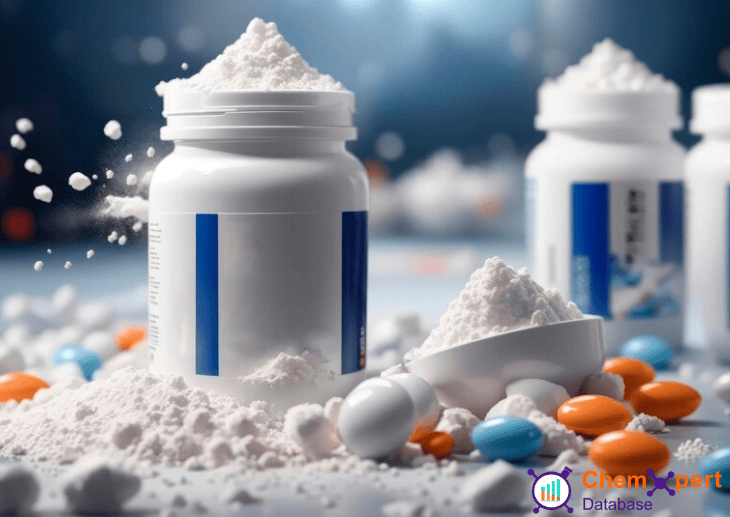
In the pharmaceutical world, active pharmaceutical ingredients (APIs) are the backbone of pharmaceutical formulations, driving the efficacy and effectiveness of pharmaceutical products. As technology advances and scientific research progresses, new fields of API development continue to emerge, changing the paradigm of healthcare and drug discovery. This blog explores exciting developments and innovations in emerging APIs, highlighting their importance and potential impact on the pharmaceutical industry.
Active pharmaceutical ingredients are the biological components responsible for the medicinal effects of drugs. These chemicals undergo extensive research, development and testing to meet regulatory standards for safety and effectiveness. APIs, derived from natural sources or synthesized chemically, are important in the treatment of diseases ranging from common diseases to complex conditions such as cancer and autoimmune diseases.
Historically, APIs were derived from natural materials such as plants, animals, or minerals. The discovery of penicillin from fungi and aspirin from willow bark were important milestones in the development of APIs. Over time, advances in chemistry and biotechnology have facilitated the synthesis of APIs, allowing greater control over purity, potency, and scale.
Currently, the pharmaceutical industry is witnessing a paradigm shift with the emergence of new APIs that combine new technologies and innovative approaches:
Biotechnology APIs are derived from biological sources, such as recombinant DNA technology, cell culture or the fermentation process. These APIs include therapeutic proteins, peptides, monoclonal antibodies, and cytokines. Advances in biotechnology have revolutionized drug development by enabling the synthesis of complex molecules that were previously difficult or impossible.
Example:
Nanotechnology promises to redefine drug development with its ability to manipulate materials at the molecular and molecular level. Nanoscale APIs exhibit unique properties such as increased solubility, increased bioavailability, and delivery of specific components or cells. Correct administration of these drug will reduce side effects and increase the effectiveness of the drug.
Example:
Peptides and oligonucleotides represent an increasing number of APIs and play an important role in the application of personalized medicine and gene therapy. These molecules provide therapeutic benefits by controlling biological processes at the molecular level, providing treatments for genetic diseases, metabolic disorders, and cancer.
Example:
Moving forward: Challenges and Opportunities
While emerging APIs offer unprecedented opportunities to advance healthcare, their development presents unique challenges. Regulatory monitoring, manufacturing complexity, and intellectual property considerations require robust strategies to address the changing medical innovation landscape.
Conclusion
API development is an important part of drug development, characterized by advances in biotechnology, nanotechnology, and molecular science. As researchers and pharmaceutical companies continue to explore new frontiers, the ability to find new treatments and improve patient outcomes remains hopeful. Harnessing the power of emerging APIs, the pharmaceutical industry is poised to address global health challenges and redefine the future of medicine.
The journey of emerging APIs demonstrates the transformative impact of scientific innovation on healthcare, paving the way for a new era of precision medicine and personalized care.

Sick and tired of always wondering if you are being asked to pay the right price for your APIs? This empowers you with the answers you need to make the right decisions in the Global API market.
Chemxpert Database is one of the biggest and most comprehensive directories of pharma and chemicals, manufacturers, suppliers and information. Provided with current information on prices, demand and transactions, it gives you instant feedback on whether you are buying what is right and at the right time.
Start using market intelligence today and allow yourself to be in control in the API market.
Check it out today and make more informed sourcing decisions! Learn More!